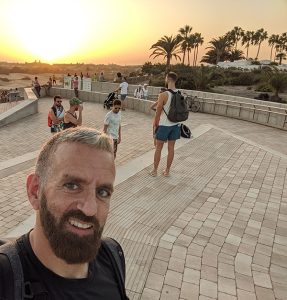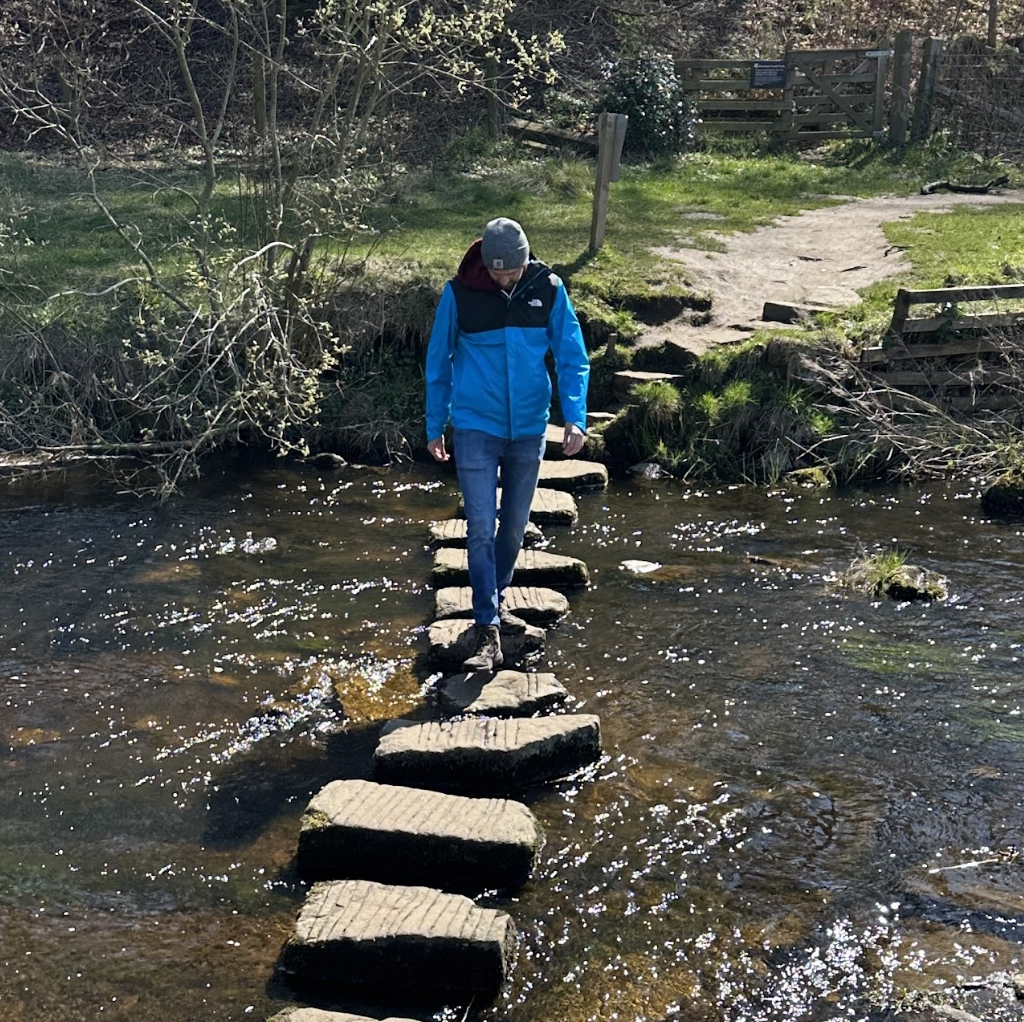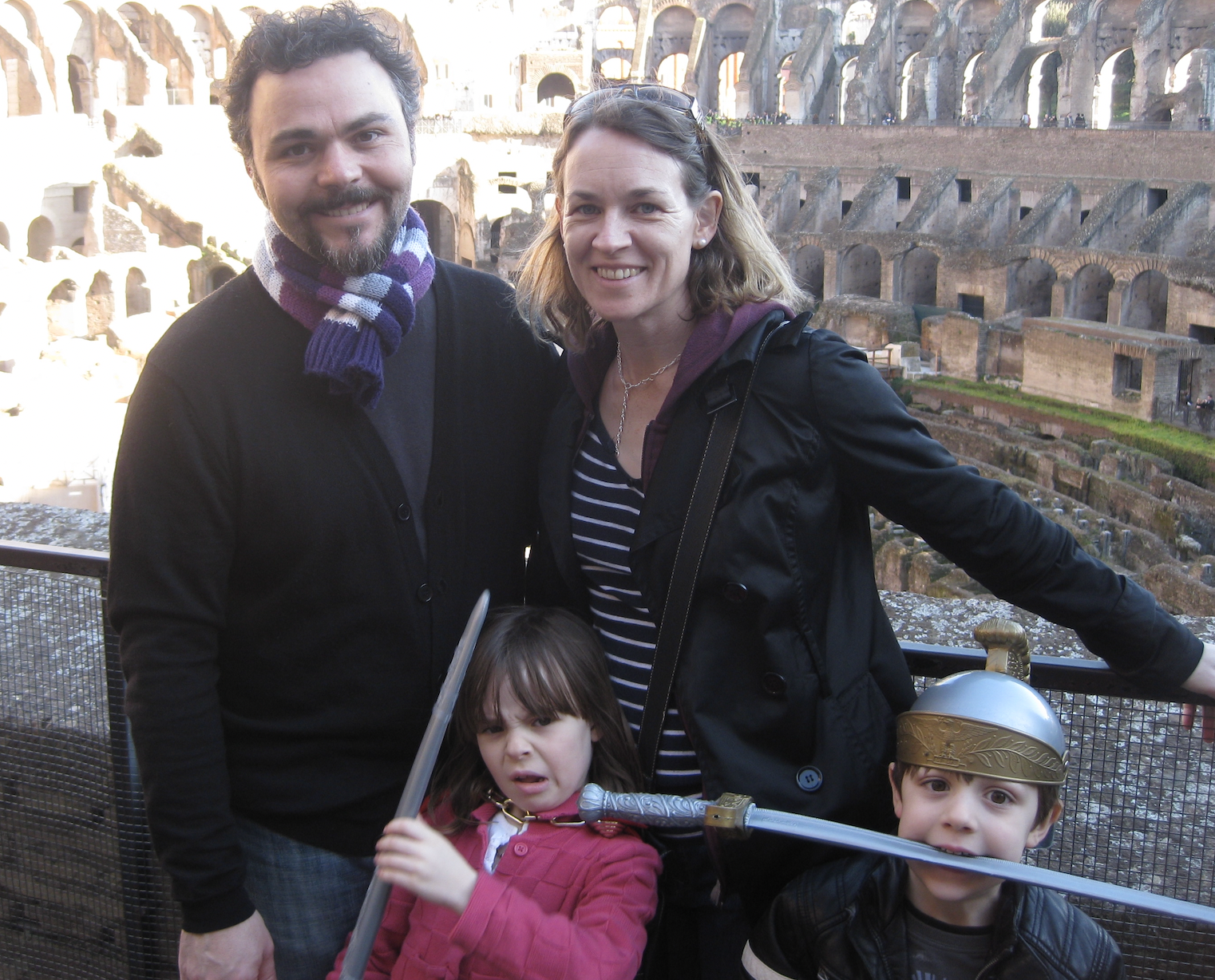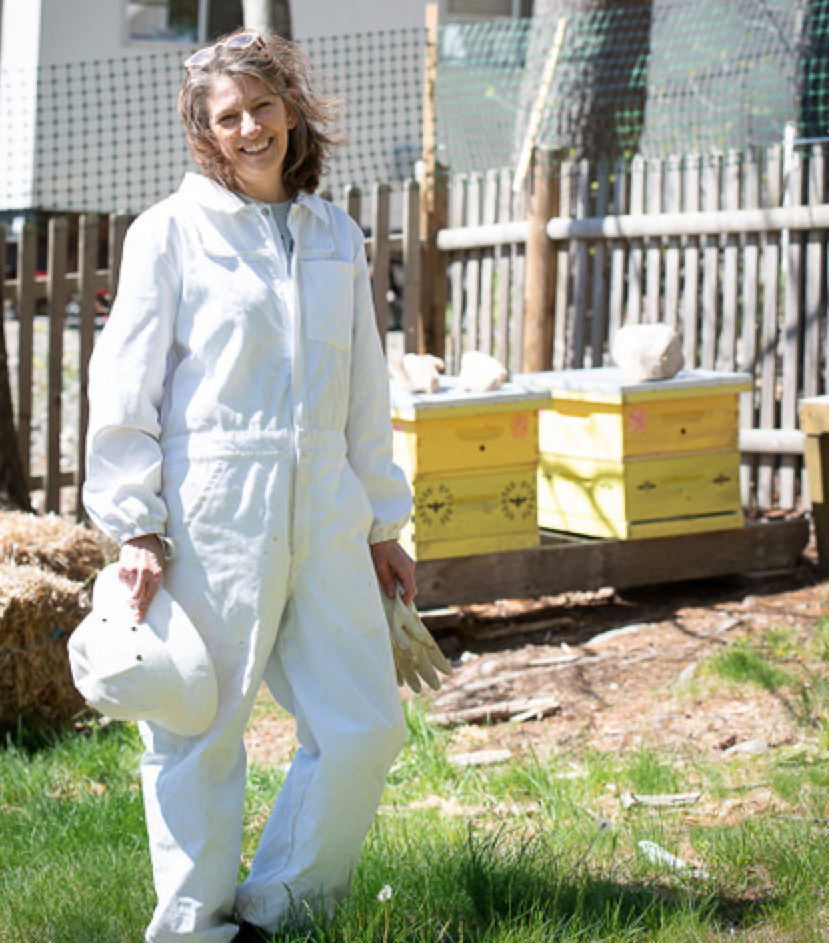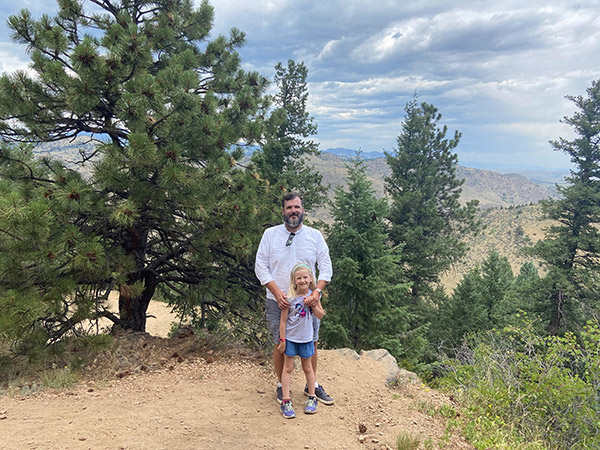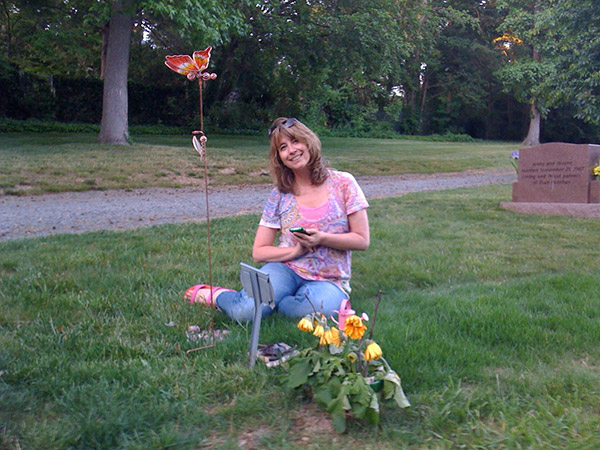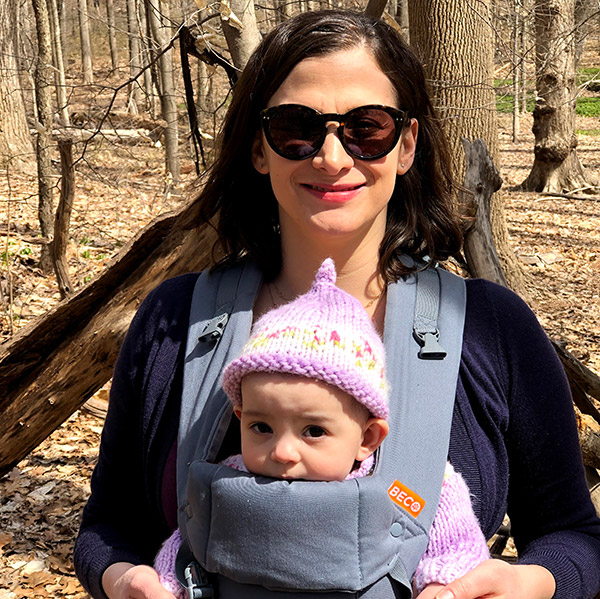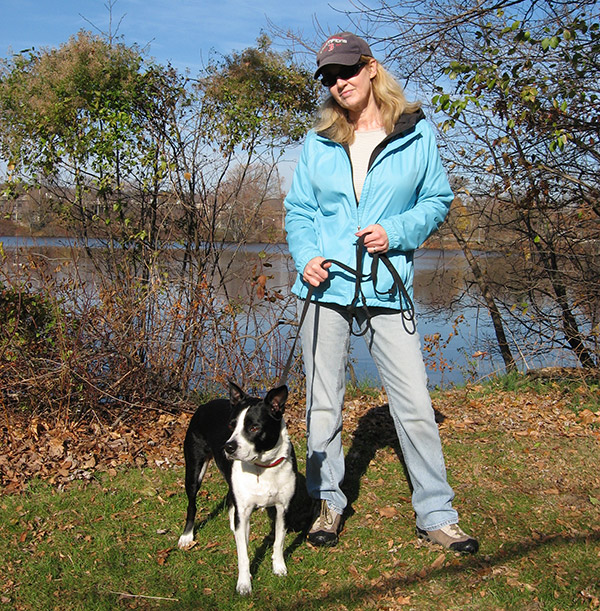The Future and Its Voice: AI, VUI and Where Humans Fit
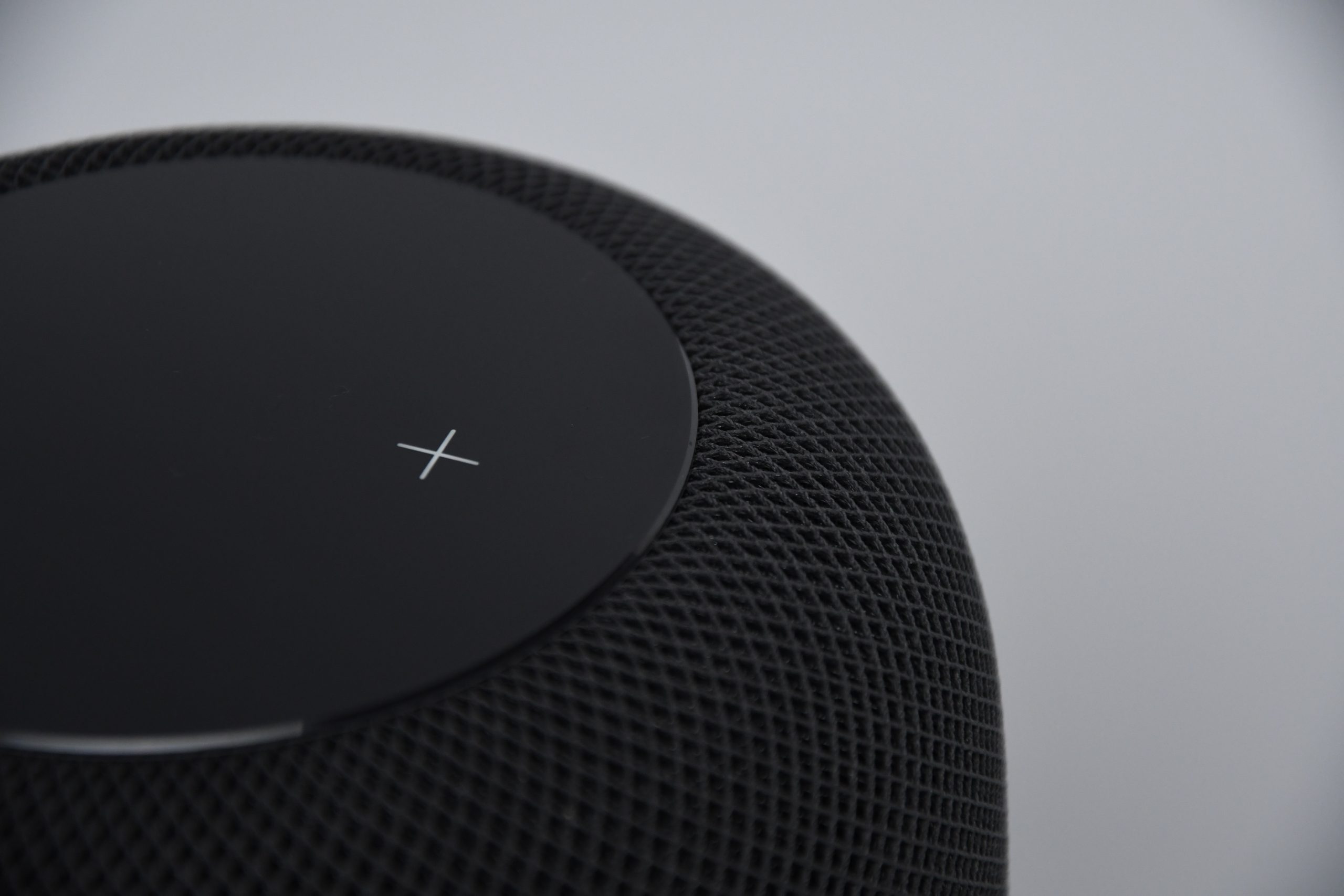
Alexa. Siri. Google Assistant. Cortana. These names are becoming as ubiquitous as the name Google in most households. The use of AI (Artificial Intelligence), such as voice assistants, in commonplace daily tasks is multiplying at a dizzying rate. From vacuum cleaners to chatbots to copywriters, artificial intelligence is taking on tasks that up to now have been relegated to humans. Does this mean they’re taking our jobs? We’ve written about this before, reflecting on the role AI has to play in copywriting, and we’ve found the same question pops up when considering the role of AI in other industries, too.
At Wordsmithie, we’ve contemplated the role of copywriters in the future, and it’s looking rosier than ever. Surprised to hear us say this? Consider the following. Voice assistants, such as Google Assistant, Alexa, and Siri, are becoming more commonplace than ever. In fact, by 2020, comScore estimates 50% of searches will be voice searches, and Gartner predicts 30% of these will be done without a screen. This means that 30% of searches will be done using a voice assistant such as Siri or Cortana (Microsoft’s voice assistant technology). Sounds cool, sounds hands free, sounds like copywriting will not be part of the equation, right? Wrong.
Someone needs to teach these systems to be conversant, and to guide their continued evolution. The role of voice assistants is to help you with a range of tasks, from setting timers to finding recipes to giving directions. However, these technologies also need to be able to recognize idioms and figures of speech. “Alexa, should I take Main Street or Grand Avenue, or is it six of one, half a dozen of the other?” will currently get you one confused voice assistant. There’s also the case for making these machines more conversational, and more responsive to recommending results based on what you might mean but can’t find the words to ask for directly. (That’s why it’s so great to have predictive text search at the moment, for when you have to search for “That song with the annoying beat.” Right now, it would be difficult for a voice assistant to provide helpful results for this kind of query. Receiving programing support from a real, live human can help train the technology to do this in the future.)
We believe that wherever you find AI, humans will always need to be on hand to help our AI friends. The case of copywriters and VUI (Voice User Interface) is only one such example. Humans are also necessary for more creative tasks, like coming up with the guidelines for communications campaigns that AI can then support with text that fits those human-programed guidelines. And strategic decisions are better left to humans — imagine a robot planning out an entire online ad campaign. Leave the detailed cost per click recommendations to the ‘bots.
So, what does all this mean for anyone in an industry that is seeing an explosion of AI activity? Get excited, and buckle up. There will more than likely be changes in your industry, but they’re bound to be exciting, interesting and most importantly, they’ll need that human hand to guide them. We’re leading the charge in the voice industry — and are ready for the ride.
























